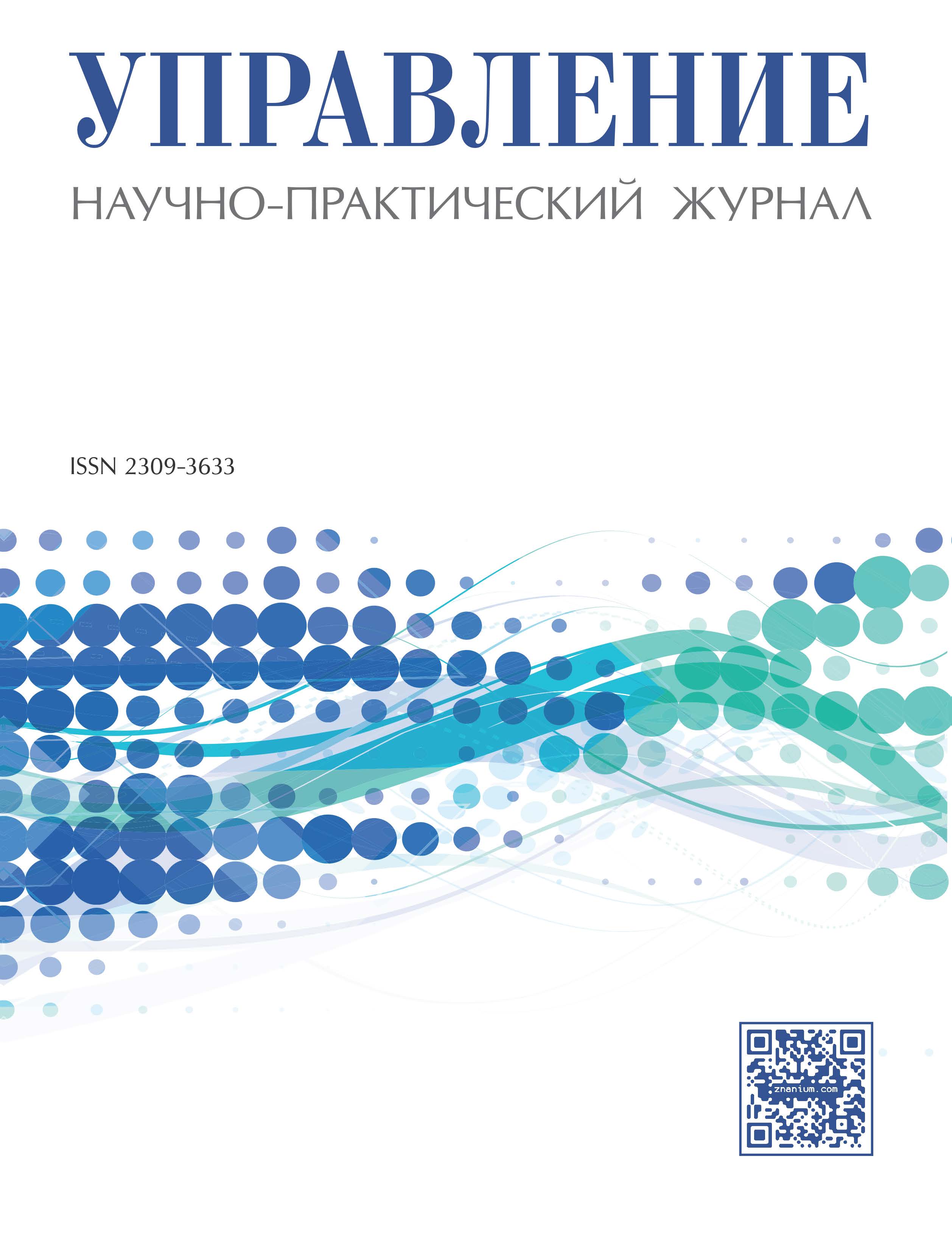Russian Federation
The article discusses the relationship of economic management with the economic basis. The thesis is substantiated that effective economic management depends on economic ideal, to which society will strive to achieve. The world surrounding a person constantly retains its essential fundamental properties. And in this way it is perfect. Man spiritually assumes himself above nature. Potentially, he sees himself as a master of the natural world. However, acting in nature as an independent free force, he constantly reveals his imperfect. Because of his limited knowledge of the infinitely complex nature, everything that a person creates is imperfect. The path to perfection is the natural goal of man’s life on earth. However, on this common path, all nations and their large groups – civilizations – are moving along different roads. And in modern conditions, these differences have reached a dangerous feature – more and more the confrontation of civilizations is emerging. The historical feature of the Russian economic worldview is the absolute priority of moral ideals. Its deep economic ideals are not aggressive in relation to other countries and peoples. These ideals are in finding and multiplying of good. Therefore, potentially, Russia can counteract the negative scenario of the development of civilizational conflicts.
management, economics, development goals, national economy, state, civilizations, world economy.
В самом общем виде управление есть сознательное воздействие субъекта на объект с целью перевода последнего из относительно худшего в относительно лучшее состояние. Это относится ко всем уровням управления – от индивидуального (личностного) до общественного (государственного).
1. Tolkachev P.S. Tseli ekonomiki i zadachi i zadachi innovatsionnogo razvitiya Rossii [The goals of the economy and the tasks and tasks of Russia’s innovative development]. Gosudarstvennyy universitet upravleniya [State University of Management]. Moscow, GUU Publ., 2011. 231 p. (in Russian)
2. Tolkachev P.S. Institut gosudarstva v sovremennoy ekonomike [Institute of the State in Modern Economics]. Institutsional’naya ekonomika i sovremennoe upravlenie [Institutional Economics and Modern Management]. Moscow, GUU Publ., 2016, pp. 212-226. (in Russian)
3. Tolkachev P.S. Tsivilizatsionnye razlichiya ekonomiki [Civilizational Differences in Economics]. Sbornik statey V Vserossiyskoy nauchnoy konferentsii L’vovskie chteniya [Proc. 5th Int. Conf. “L’vovskie chteniya”]. Moscow, GUU Publ., 2017, pp. 168-171. (in Russian)
4. Tolkachev P.S. Rossiya: v poiskakh puti ekonomicheskogo razvitiya [Russia: in Search of a Way of Economic Development]. Materialy 21-y Mezhdunarodnoy nauchno-prakticheskoy konferentsii «Aktual’nye problemy upravleniya - 2016» [Proc. 5th Int. Conf. “Actual Problems of Management - 2016”]. Moscow, GUU Publ., 2016, V. 1, pp. 28-29. (in Russian)
5. Huntington Samuel P. Stolknovenie tsivilizatsiy [The clash of civilizations]. 1996. 603 p.
6. Babkin K.A. O novoy ekonomicheskoy politike [About the new economic policy]. Available at: http://me-forum.ru/ media/news/5602/







